“Pot”, “herb”, “weed”, “Mary Jane”, all of these are words that the common high schooler hears on a weekly basis; whether it’s when they are walking down the hallway or sitting next to their friend at lunch. No adolescent adult should know what these words are referring to, but because of the media the glorification of substances and substance abuse is an arising problem for 21st century teenagers.
As the media observes the society of teens, drugs, alcohol and substance abuse seem to be key concepts that the media is constantly leaving out. Regardless of whether or not we choose to accept it, substance abuse in adolescents is a rapidly growing controversial issue. “Substance abuse is very prevalent and affects people everywhere; in communities, nationally and even across the world,” Mountain Vista counselor, Aaron Ragon said.
When deciding to use a substance for the first time, no one really considers the effect that it has on the people around them; the person begins to think and act differently, which is extremely noticeable to someone who spends a lot of time around or with him/her. “Substance abuse affects everyone either directly or indirectly. Everyone knows someone who struggles or has struggled in the past. It destroys families, communities, and individuals, and it ruins lives.” Ragon said.
Everyday, 6.5 percent of high school seniors start using marijuana and 75 percent of them become addicted after the first or second time they use it. Afterwards, they join the other 23.5 million Americans who are addicted and suffer from the never ending black hole of drug abuse.
In an attempt to help reduce the impact of substance abuse on the common American teenager, the government has created several anti-drug campaigns hoping to catch the eyes of students. The two best well known campaigns are “Just Say No” and “D.A.R.E” (Drug Abuse Resistance Education). “Say no to drugs and similar campaigns don’t work,” Mountain Vista counselor, Michael Monet said.
“Campaigns can be successful if they target the right audience,” Ragon said, who believes the right audience that should be targeted is parents and trusted adults who can have an effective conversation with the student.
Even though substance abuse can not be entirely prevented, there are different things that we can do to try to help prevent drug exposure to teens. “Having open and honest conversations can be helpful,” Ragon said. “I always try to be honest with my concerns when a student appears to be using. The important thing is to take the first step and ask for help.”
If you are in need of help dealing with substance abuse, you can call the Colorado Crisis Hotline at 1-844-493-8255. In terms of something more local, there are two upcoming seminars on substance abuse in the Denver-Metro area; one is at the Highlands Ranch Town Hall on Sept. 22 and the other is at the Parker Town Hall on Sept. 26. More information regarding these meetings, please contact [email protected], or register by calling 303-839-9422 x148.



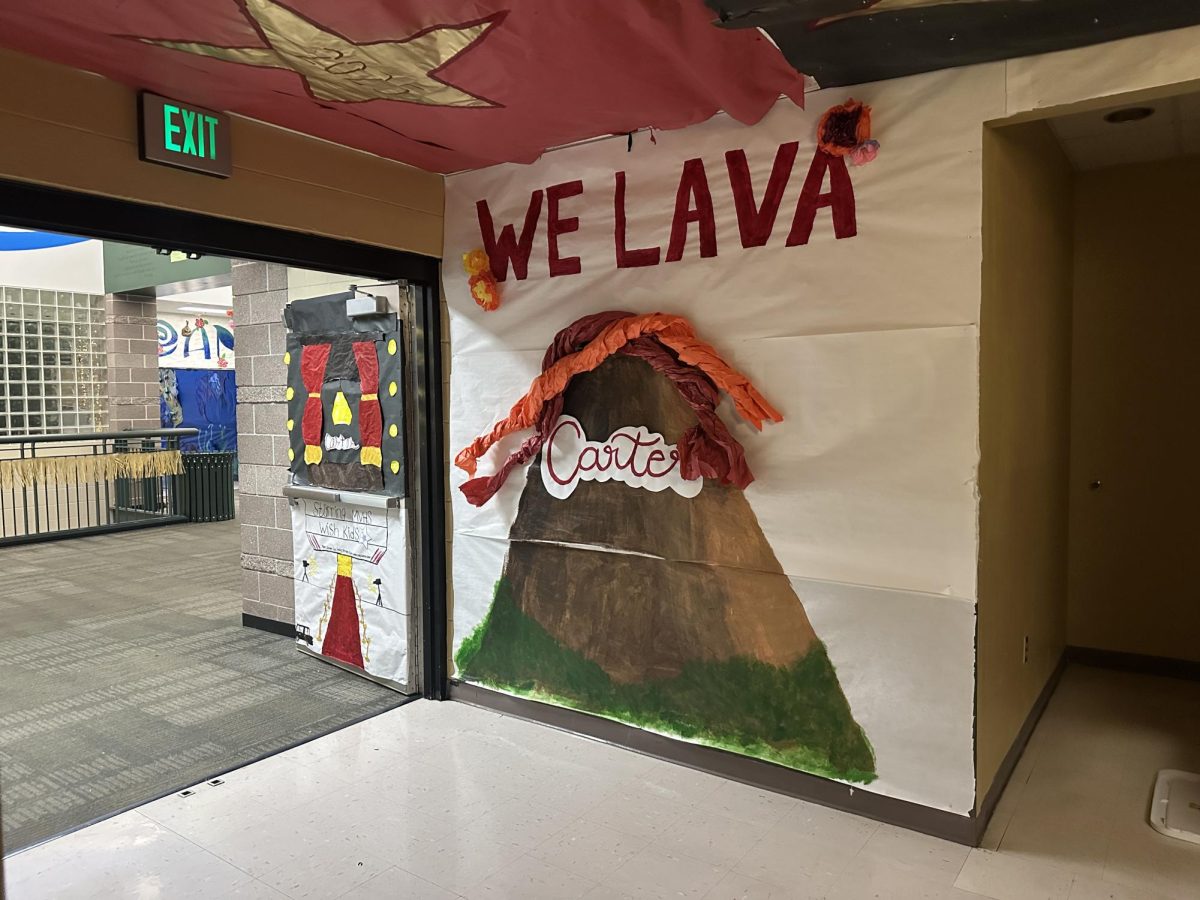

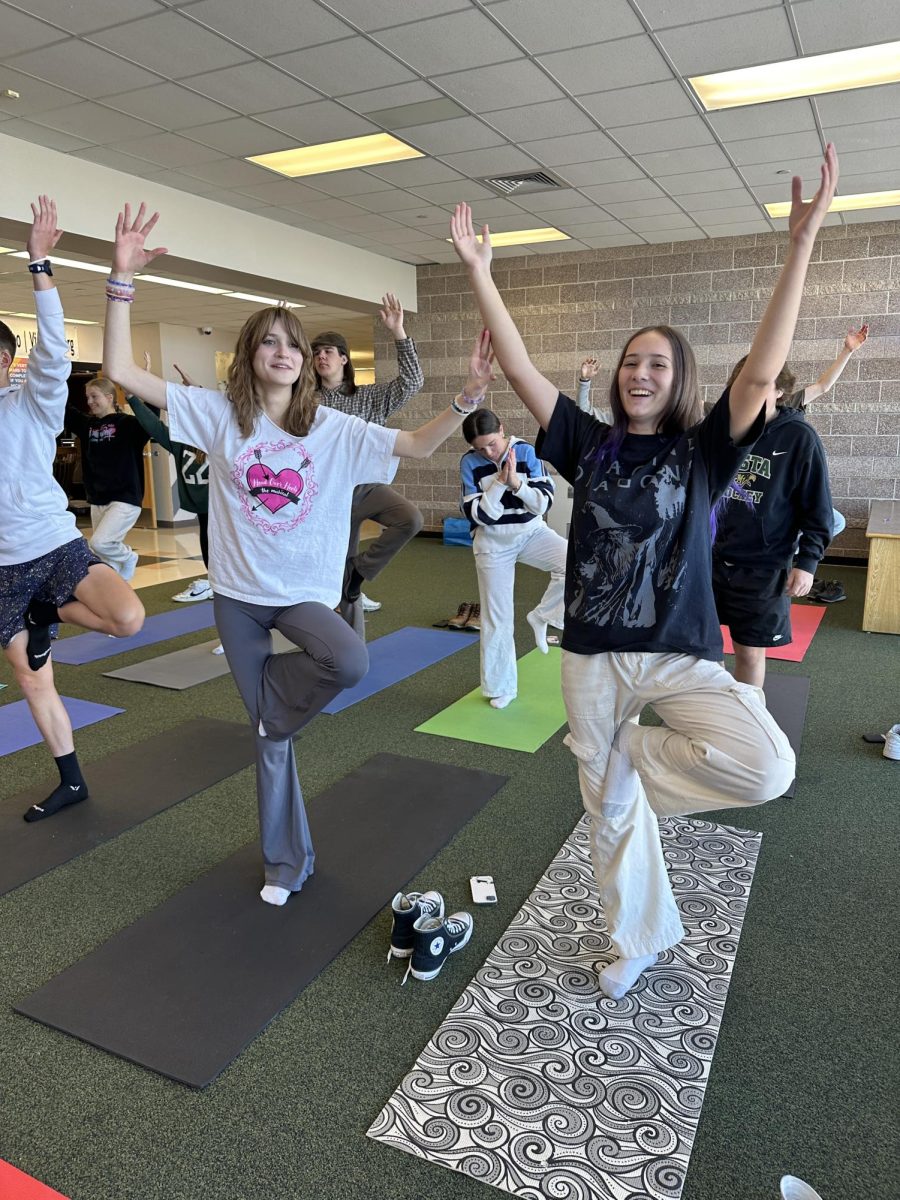






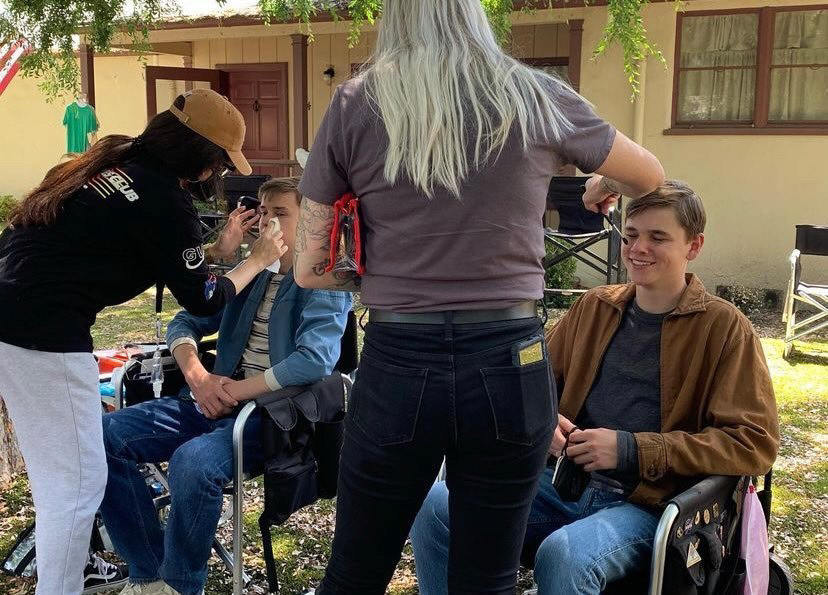







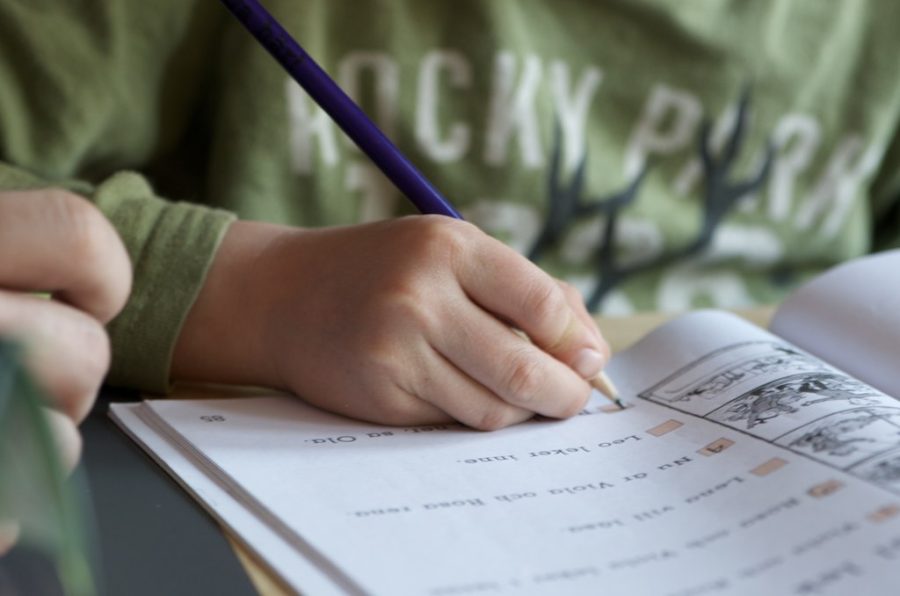
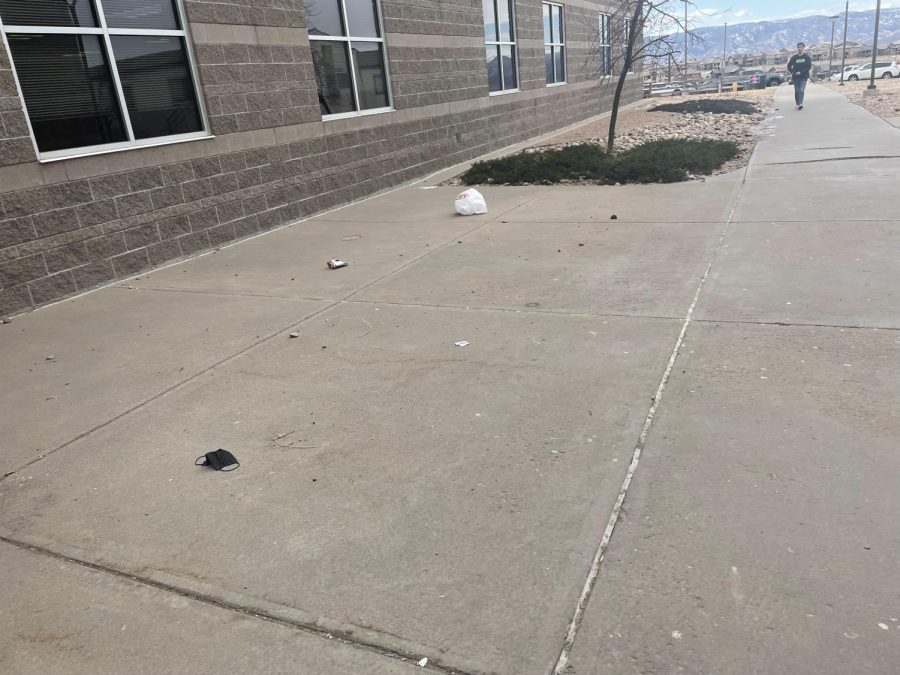





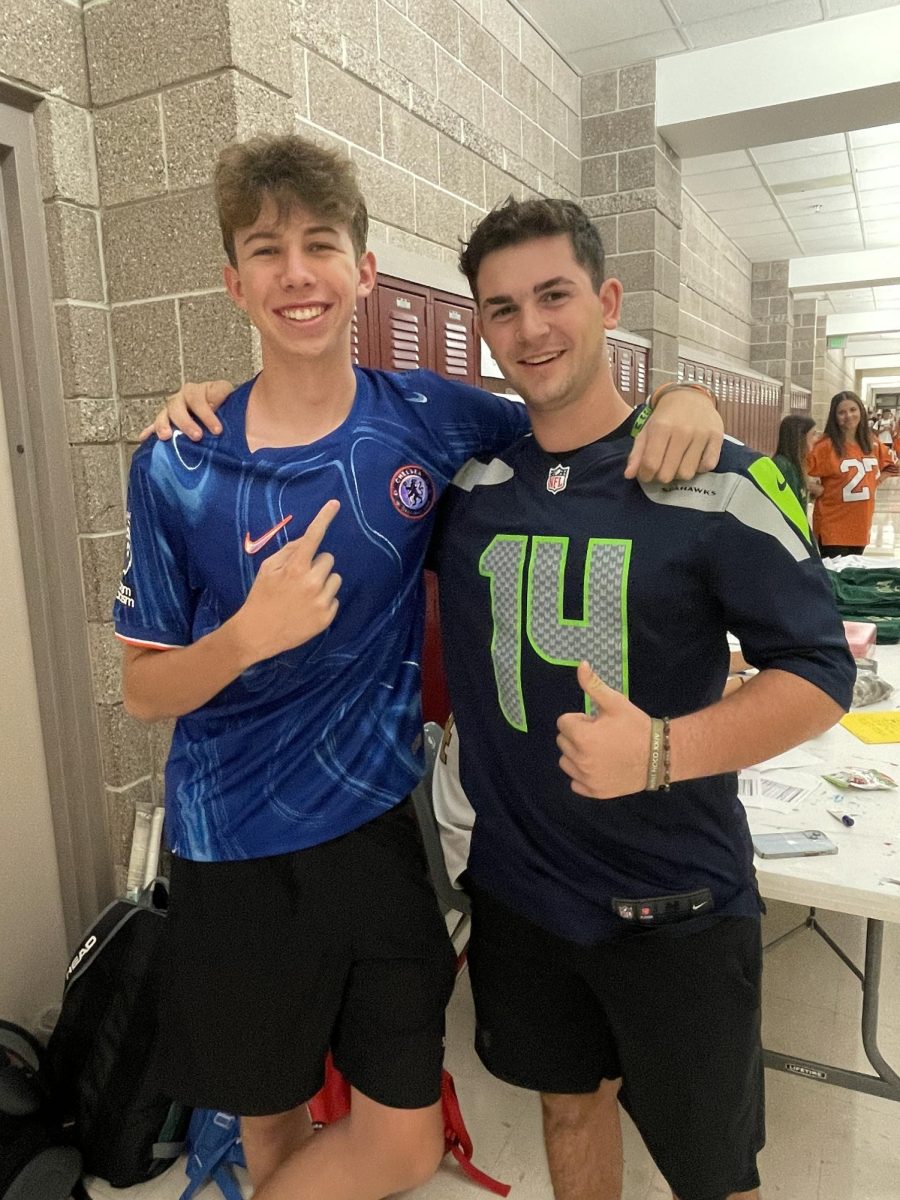

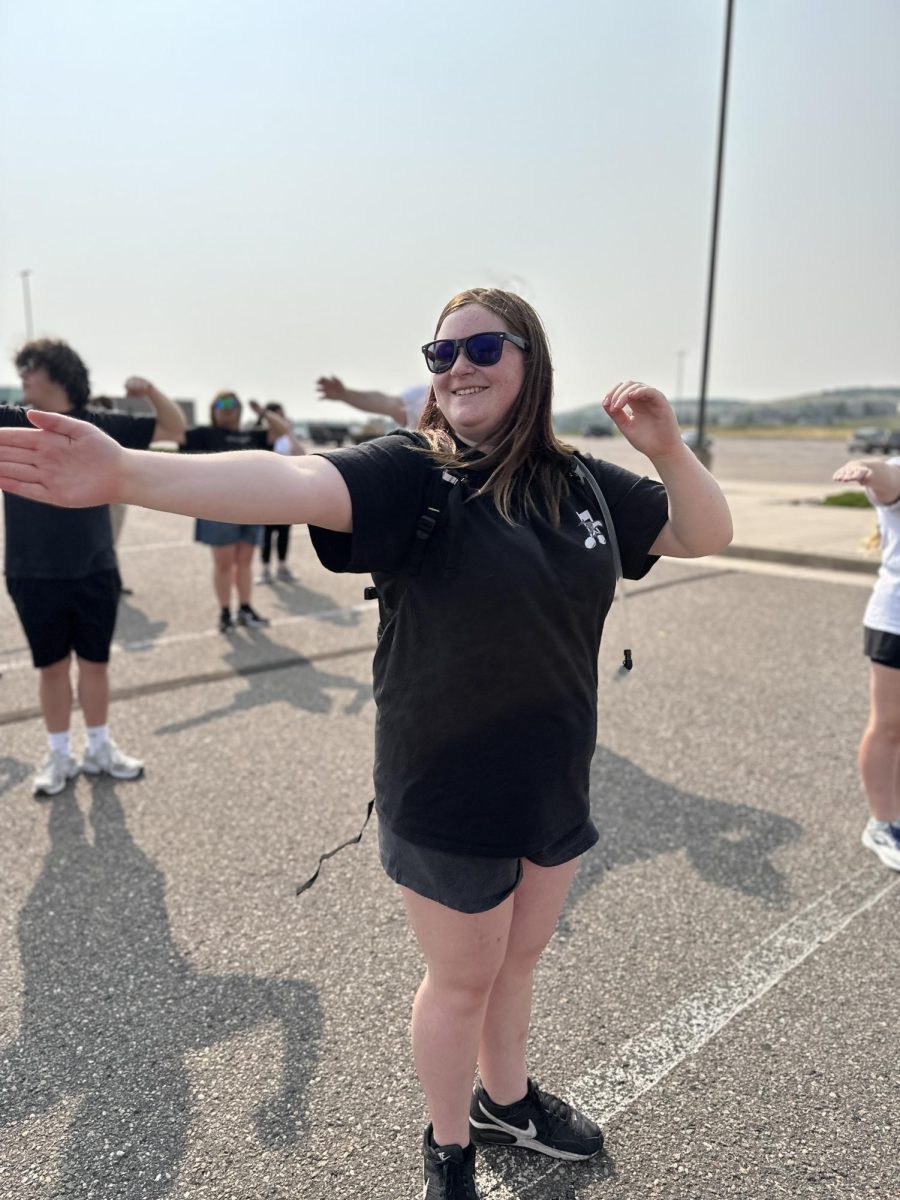


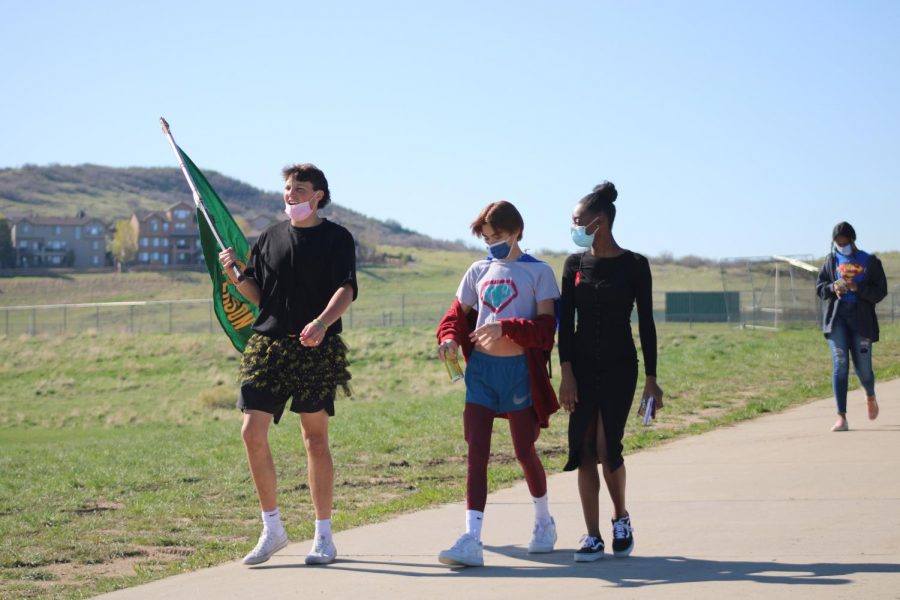

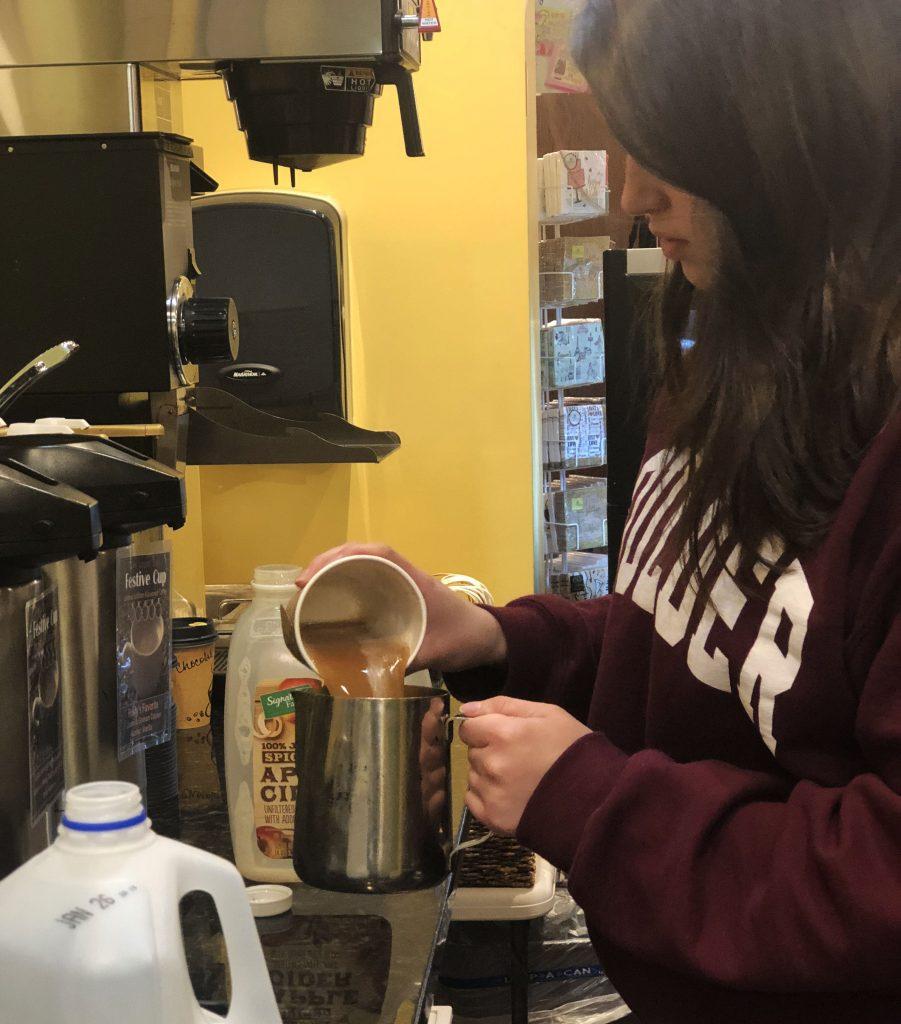



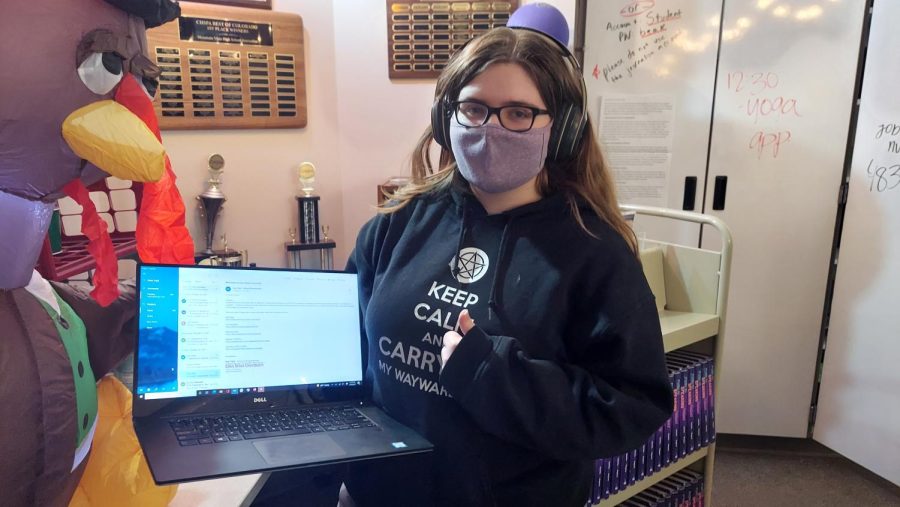
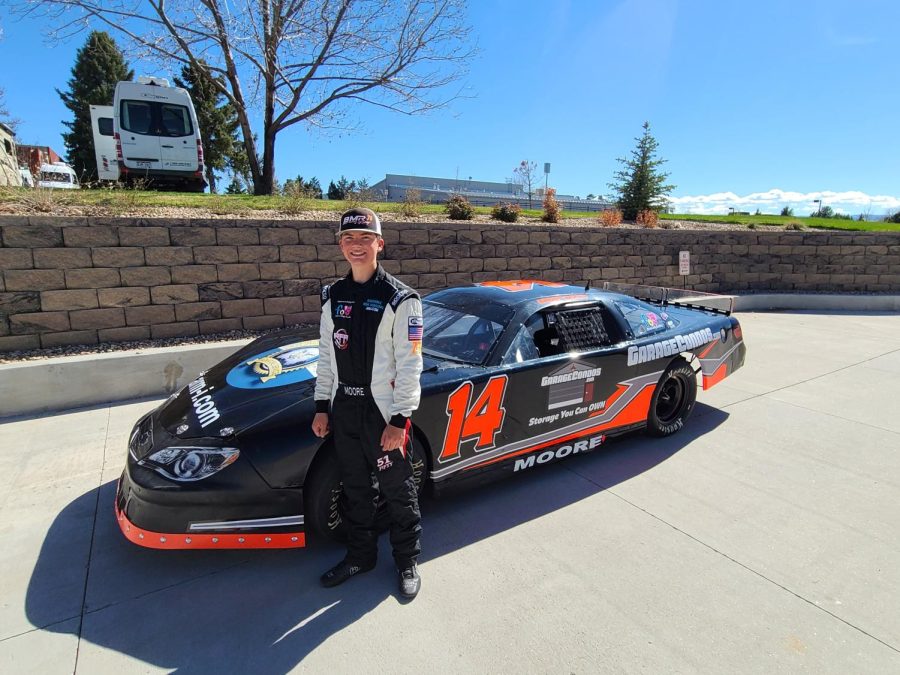
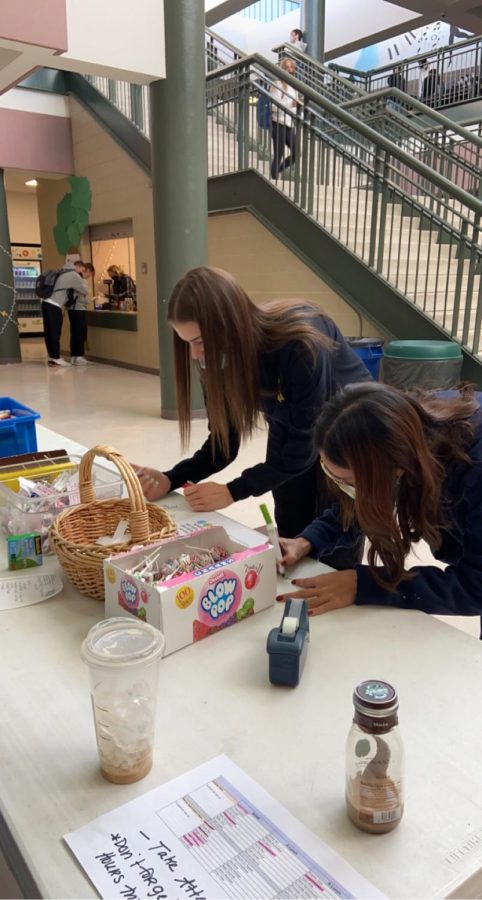
![NHS kick off thoughtful Thursday by having students write words of encouragement to each other. “[we want to spread positivity and show] we all have the same heart,” Francis Meehan, 12, said. These notes of positive things were taped onto lollipops and given out at the end of the day.](https://vistanow.org/wp-content/uploads/2021/11/unnamed-18-900x675.jpg)